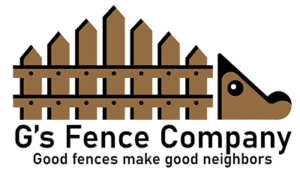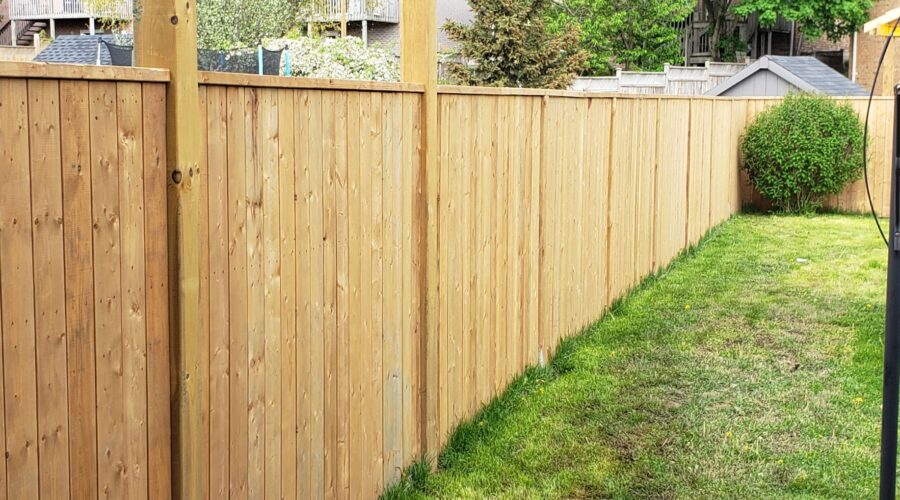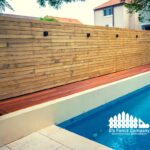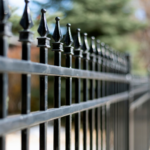Summertime Maintenance Tips for Your Iron Fence
The onset of summer exposes your iron fence to intense heat, rust, and humidity. Given that metal surfaces tend to retain heat and dry out rapidly, your fence remains susceptible to deterioration. Why let the summer heat rob your beautiful fence of its charm and durability?
Continue Reading





